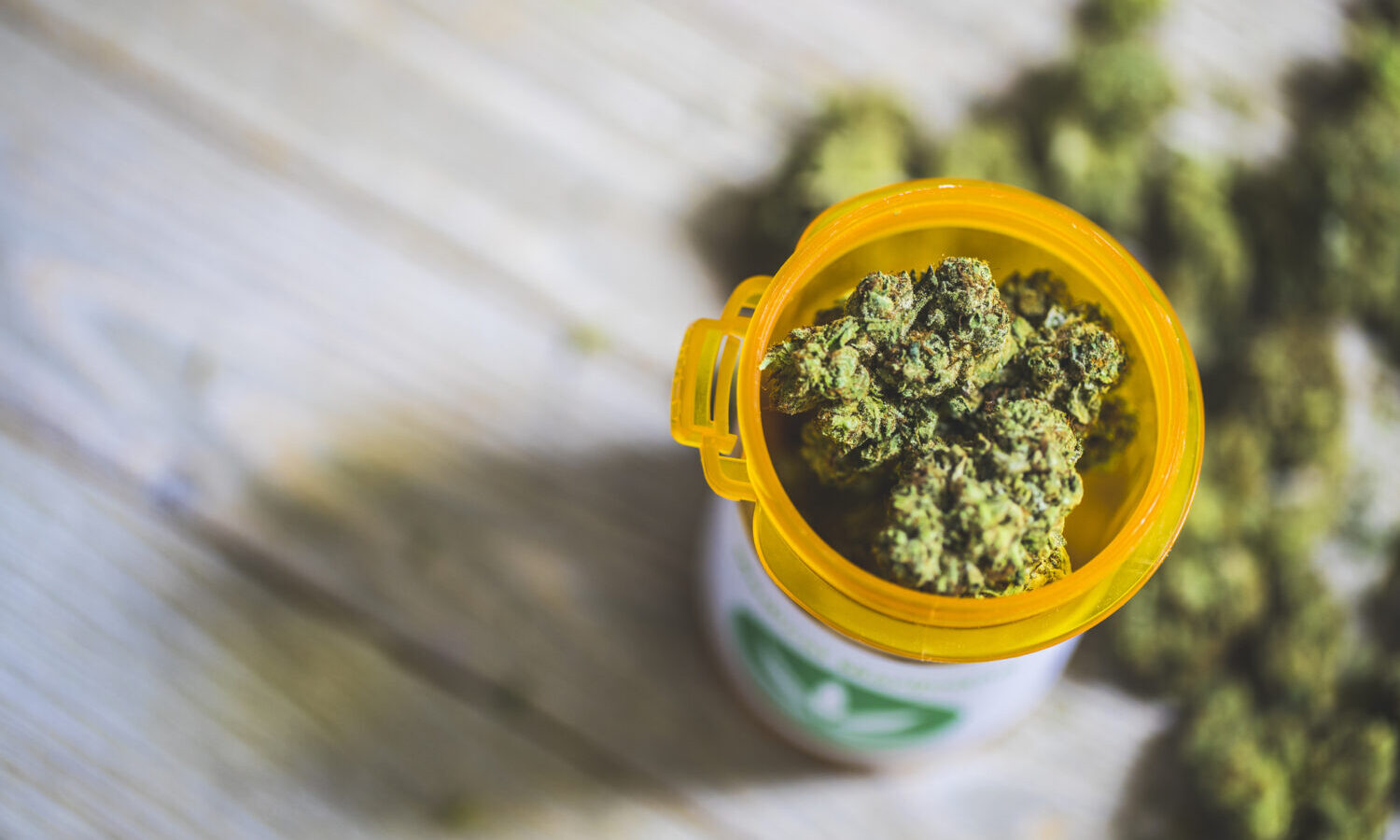
dr Peter Grinspoon’s recommendations for using cannabis to treat chronic pain
In the field of medicinal cannabis, few topics have been as hotly debated as cannabis in relation to opioid addiction. (Is cannabis the ultimate exit drug for opioid addiction?) Given that millions of Americans are addicted to opioids and are struggling to find a way out, the controversy is not surprising.
For a number of years, a 2014 “Review of Death Certificates” served as a landmark study, proving that opioid overdose deaths were falling in states with legal cannabis programs. This study has been cited time and time again when the topic of cannabis and opioids has been raised. However, a later review showed that this association weakens when looking at studies going beyond 2014.
A 2017 study found minimal reductions in opioid overdose deaths in states with legal adult cannabis programs. However, no significant correlation was observed in a 2020 study. While the evidence for post-2014 appears to be scrambling, putting the right policies in place could significantly reduce opioid-related harm.
Peter Grinspoon is a physician who is both a thought leader and pacesetter in the field of medicinal cannabis. He has authored a book, Free Refills, which details his battle with opioid addiction and his recovery. His second book “Seeing through the smoke” is in preparation. He is an internist and medical cannabis doctor based at Massachusetts General Hospital. He is also an associate professor at Harvard Medical School. He is an acclaimed speaker on cannabis and addiction.
Photo by Cappi Thompson/Getty Images
Speaking to Filter Magazine, he expressed his observation that “people talk almost exclusively about how their quality of life is improved by using cannabis compared to opiates”.
RELATED: Study: Cannabinoids (THC/CBD) beat opioids in treating chronic pain
dr Grinspoon believes medicinal cannabis is a solution to the opioid crisis and recommends the following strategies for recommending cannabis for chronic pain:
- Start new chronic pain patients on cannabis instead of offering NSAIDs or opioids to reduce the risk of side effects associated with long-term use of these drugs
- Gradually voluntarily switch patients with chronic pain from opioids to cannabis
- Using cannabis and opioids together to treat chronic pain
- Use of cannabis to treat opioid addiction
In 2020, there were 91,799 opioid overdose deaths in the United States. Other complications of opioids include bone loss, physical dependence and tolerance. While chronic cannabis use can also trigger physical dependence, it is rarely problematic.
RELATED: If THC percentage doesn’t matter, why not just smoke CBD?
Cannabis and opioids affect different systems in the body, but they have overlapping effects, most notably analgesia. However, cannabis does not cause respiratory depression and therefore the risk of cannabis-related overdose deaths is theoretically zero. For mild to moderate pain, opioids could be a safer and more effective pain management alternative, especially when considering long-term treatment. But again, qualified prescribers are best placed to advise on a case-by-case basis.
This article originally appeared on MyCannabis.com and has been republished with permission.

Post a comment: